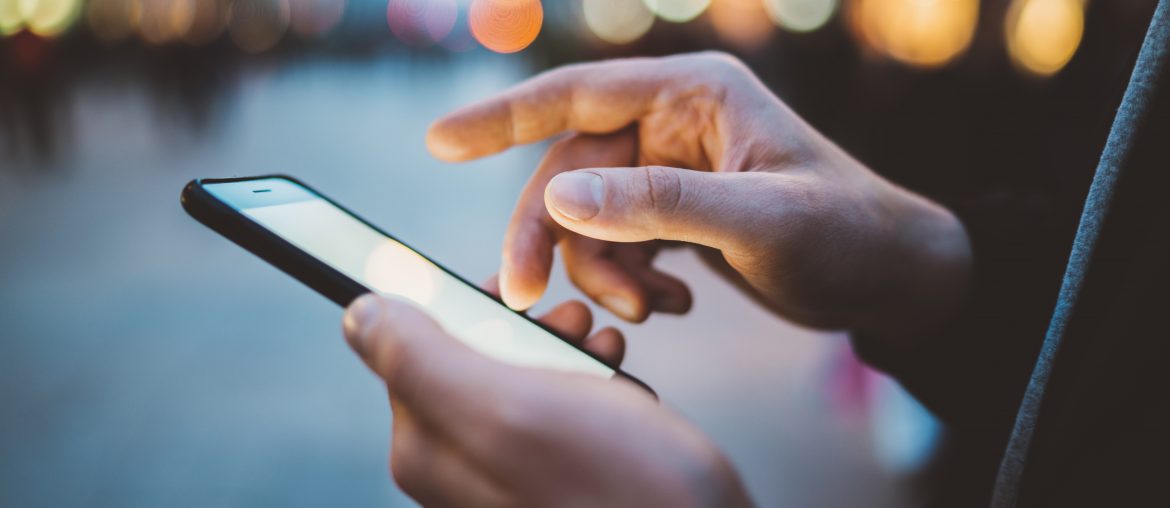Event promotion can be quite daunting a task if you are responsible for too many things at once or are trying to tie up loose ends at the last moment. Whether your goal is to increase the numbers on your registrations or you’re trying to build awareness, a well-planned event promotion strategy might just be your answer. From setting up an event website to sending out scheduled emails, tracking responses, making sure that the SEO and PR strategies are in place; event promotion may turn out to be a nightmare unless you have all the boxes ticked well ahead in time.
What is event promotion? Event promotion is making the most of marketing strategies to drive registrations and get the word out about a brand, product, or service through live events. It is considered one of the most effective forms of marketing as it can help you build a strong relationship with potential and existing customers. Tools of event promotion can range from emails, flyers to Instagram posts. You can also come up with unique event marketing ideas to interest your target base. In simpler words, any marketing gimmick that you use to your advantage to draw customers to your event and successfully create awareness about your brand, product or service, is called event promotion. There is no other marketing strategy that allows a company to connect personally to their customer base as much as promotional events do.
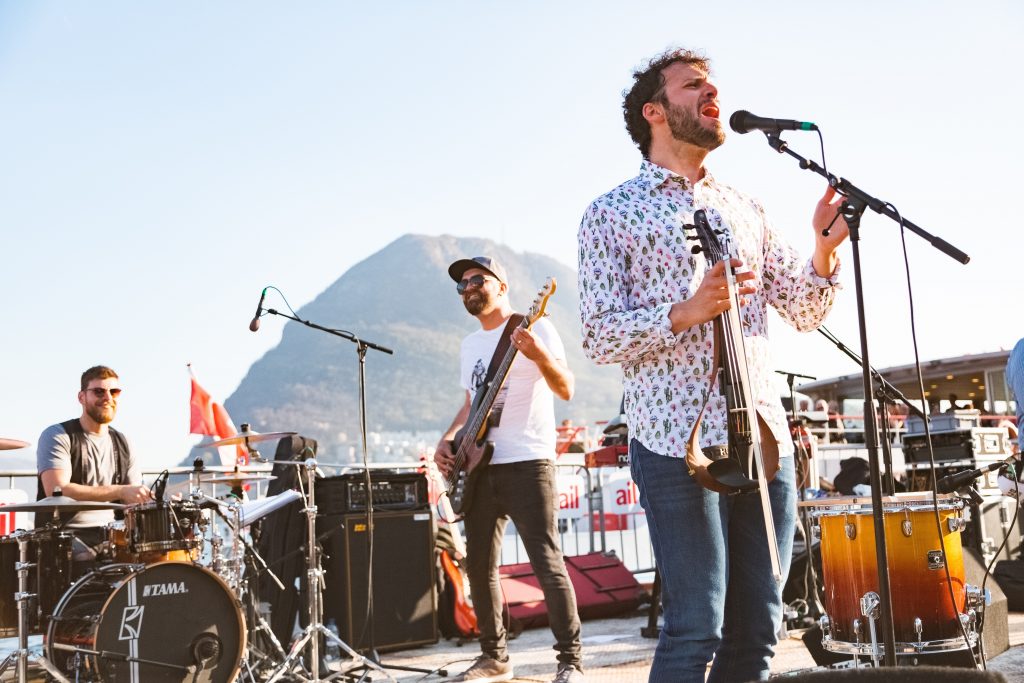
Now the question arises, how do you promote your event, ensure registrations, register attended and also stay within a stipulated budget? What is event planning‘s next step? As an event marketer, here are some techniques you can effectively use to draw leverage to your event:
Promote your event by making the best use of existing channels
As they say, start closer to home. Begin working with what you already have. If your company already has a marketing team in place, utilise those channels to promote your brand events. Read on for a couple of ways in which you can use existing channels to be beneficial for you:
Blog posts
Blogs are a great way to interact with your audience and get the desired message across. Start posting updates about your event in an existing blog page and update it regularly with related content that can drive registrations and draw leverage to the event. Get a call-to-action blog post written by a hot-shot influencer with an impressive number of followers, or a single piece that draws attention to the nitty-gritty of your event. Let your audience know about the event, keep them up to date and while you’re at it, bring in a personal touch to add value.
Newsletters
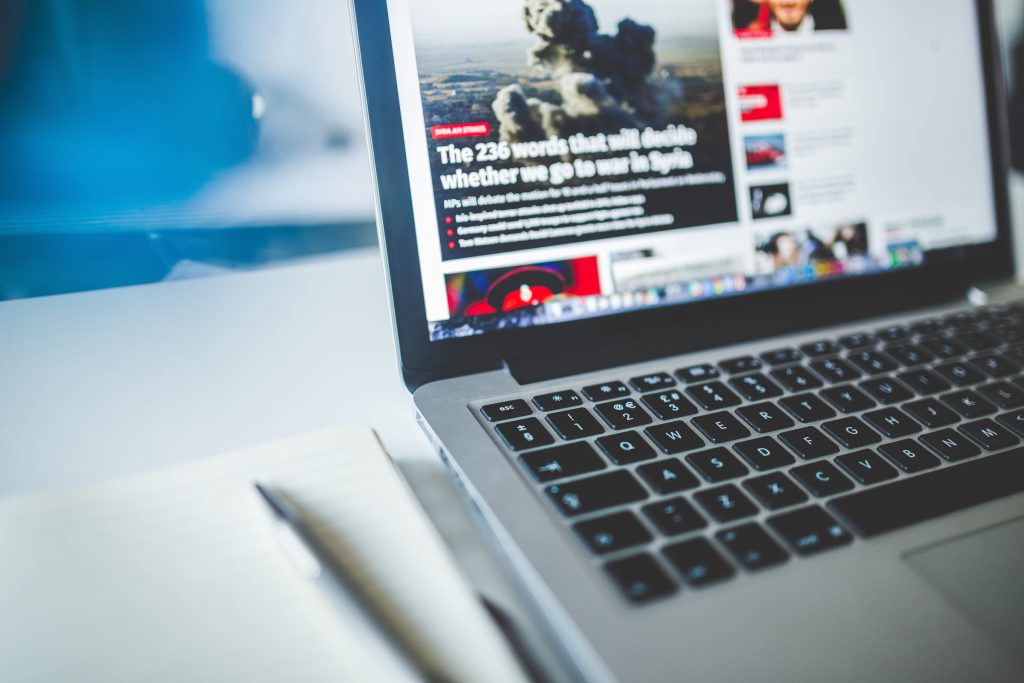
Conventional as it sounds, newsletters are an effective way of conveying a message, and have time and again proven to be useful in nature. Newsletters can be sent out as part of both pre and post-event promotional strategies. Send out newsletters with recurring emails about your event at timely intervals to keep your audience in the loop. It is an imperative marketing strategy which does not require a lot of investment. Additionally, you can try and create a “lead magnet” that acts as an added incentive to your readers when they subscribe to your newsletter.
Have a strong SEO presence on the event website
As important as it is to have a website, it is equally essential to build and optimise the site to bring in smooth results. Start by optimising on-page elements like meta tags and descriptions, alt texts and more to make the page user-friendly, adaptable and easy to navigate for your viewers. Have a strong SEO strategy in place; target all the essential keywords that you feel might draw numbers to your website. A well-outlined website is a worthy contributor to direct client retention since users tend to reflect on a page by its navigability.
Utilise attendees in your marketing campaign
Your past attendees are crucial to an upcoming event, regardless of whether they have already signed up for it or not. Utilise positive reviews or feedback they’ve given earlier and integrate them into your existing strategy; methods like these help increase goodwill. Encourage them to create a positive buzz on social media but posting updates stating previous experiences while using your event hashtag. In return, you could bring in incentives for your attendees by creating personalised gifts, or you could add a discount promo code for each referral. Advocacy marketing is slowly foraying its way when it comes to branding through events and with the widespread popularity of social media channels; it’s a great way to increase traction.
Promote your event on social media
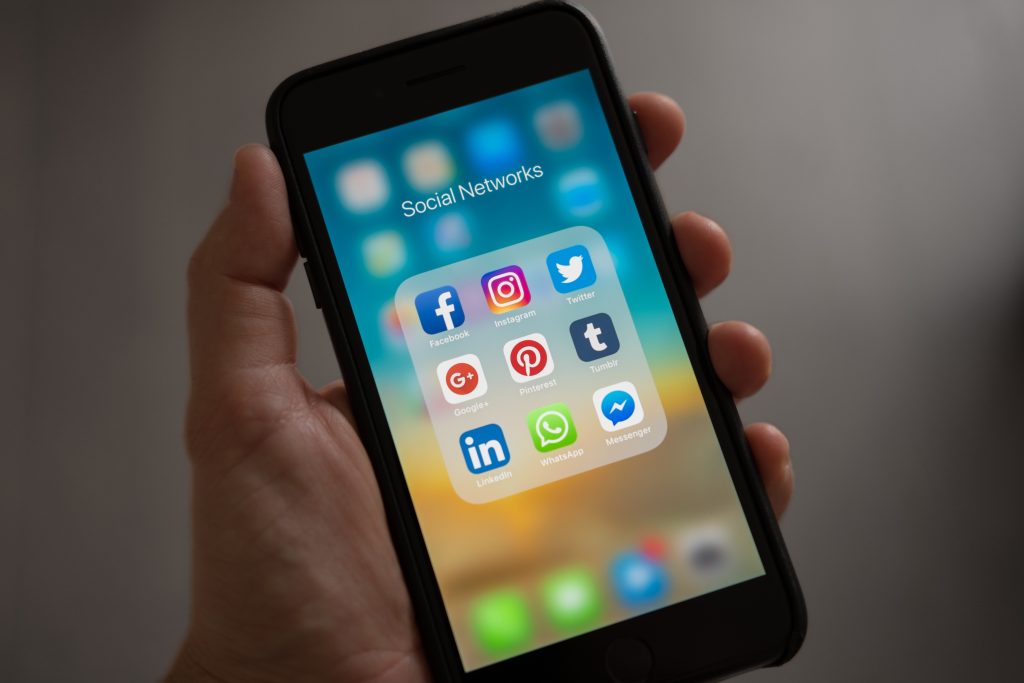
Social media has proved to be one of the most effective ways of communication, both one-way and two-ways. Whether it is specific information you want to pass on to a targeted group of audience, or you want feedback on a certain topic of discussion, it is social media to the rescue. Here are a couple of tips you can use to streamline your social media strategy:
Use consistent hashtags

Your hashtag ties all your social media posts together, hence, settle on a consistent hashtag for all your posts related to the event. Ask your attendees to use this hashtag on all their posts across any of the social media platforms. Not only does this help you trend a topic or event but also ensure that a buzz is created just in time for your event. Additionally, a consistent hashtag helps to track the posts on social media.
Sponsor content on LinkedIn

Just like any other platform that works on the concept of a newsfeed, LinkedIn allows you to display sponsored content. So, if you know that a large part of your audience is active LinkedIn users, choose the platform to sponsor your event advertisement and promote a formal event. The company has an elaborate database of professionals who belong to a multitude of fields, which ensures that your targeted audience is varied and come from various kinds of backgrounds. Sponsored content on LinkedIn can also ensure that you contribute to value-added marketing, eventually beneficial for your event.
Retarget ads on Facebook
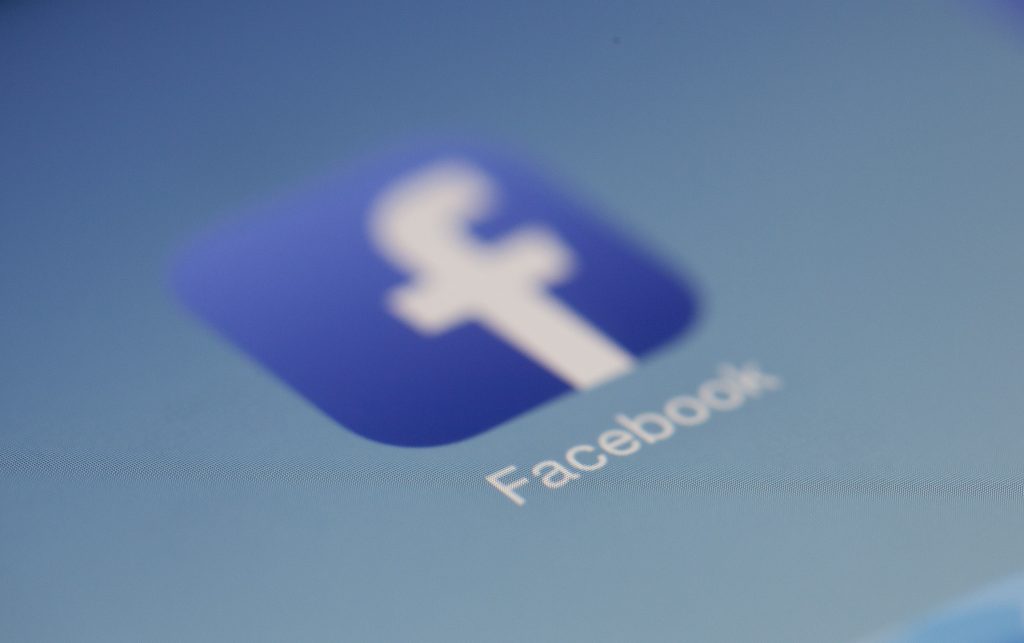
While brand positioning through events, as an event marketer, you also need to delve into the concept of retargeting ads on Facebook. Facebook helps you retarget ads to viewers who have visited your website but not registered for the event. Insert an HTML code provided by Facebook, which enables Facebook to track visitors on your page and once if they log into their Facebook account; it pops up recurring advertisements about the event reminding them to sign up for it.
Share referral links for each user registration
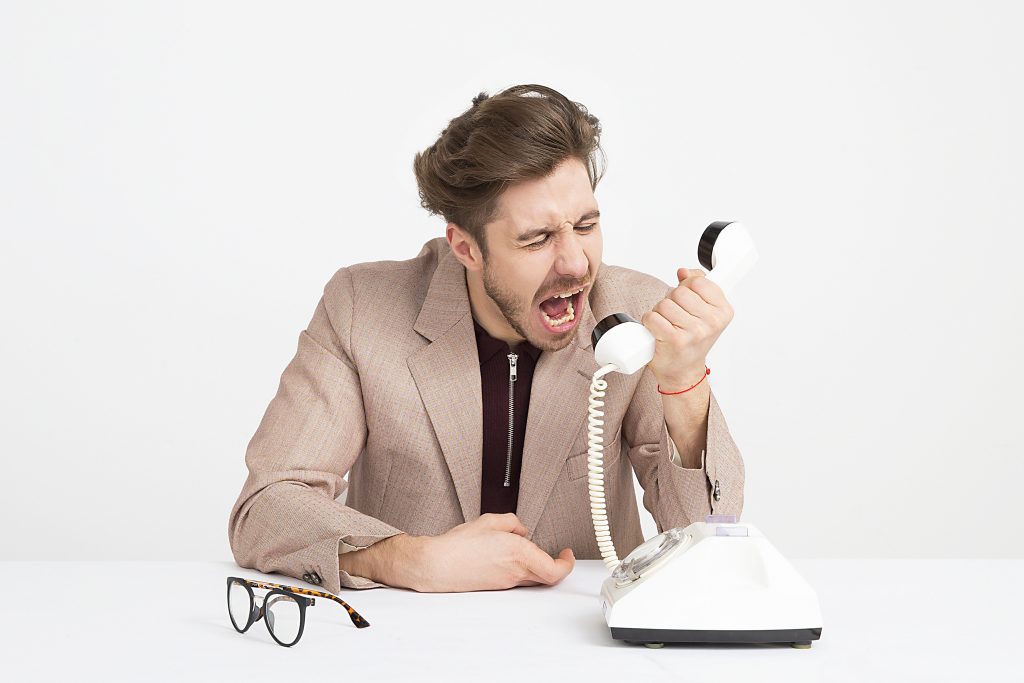
Using referral links is an organic method to garner attendees and promote your event. For every referral add an incentive, therefore every time a new user registers on the website using a referral code, the original registrant gets a discount or reward. This technique is an effective way to ensure a wide campaign for your event.
Segregate your email campaign
Event promotion and email marketing go hand-in-hand. With a sound email marketing campaign, you can use email as one of the most effective ways to help promote your event. However, segmentation is important; which means you need to classify your email recipients into groups and then sending out content that may be most relevant to each group. The idea of segregated email campaigns is to promise the most optimised reading experience to your viewers. Here is how you can segregate users:
According to industry It is important to analyse the kind of industry you are targeting to ensure that your email is relevant. For obvious reasons, while sending an event email to an


